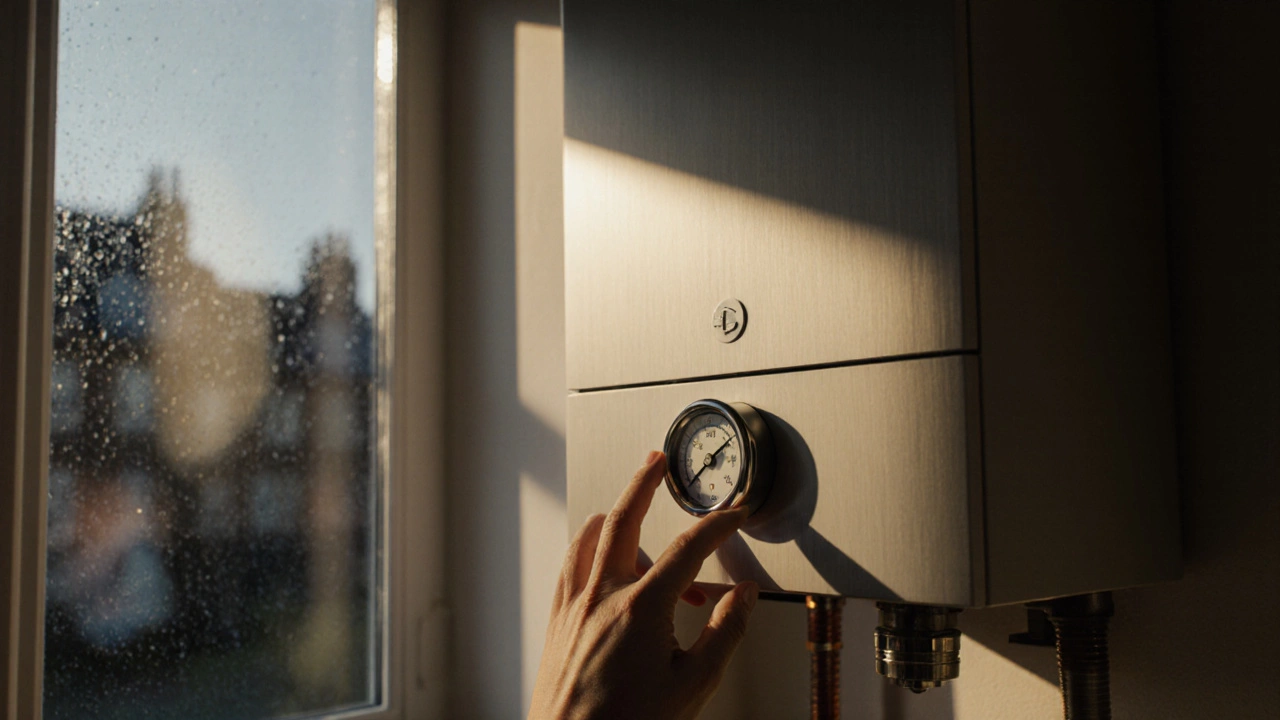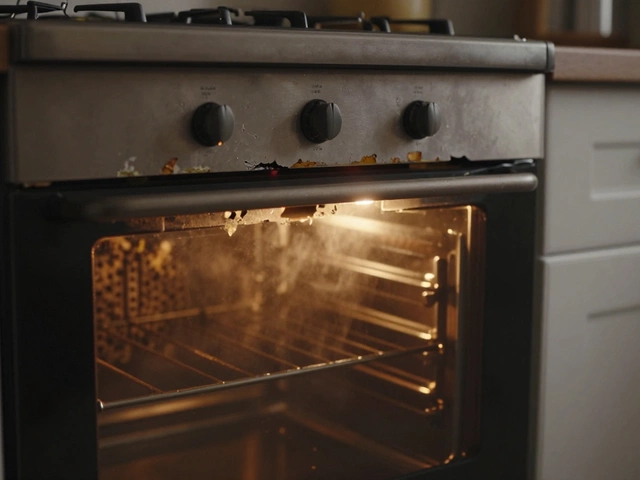When dealing with Boiler Fault, a malfunction or failure in a heating boiler that stops it from providing hot water or space heating. Also known as boiler breakdown, you’re looking at a problem that can leave the whole house cold. Boiler fault isn’t just a vague inconvenience; it often signals a specific component failure, a safety shut‑off, or a loss of pressure. In plain terms, a faulty boiler can mean no showers, frozen pipes, or an unexpected spike in your energy bill. The good news is that most faults fall into a handful of categories – ignition issues, pump failures, and heat‑exchanger leaks – and each has a clear path to resolution. Understanding these categories helps you decide whether you can try a quick reset or need a professional diagnose the deeper issue.
Once you’ve identified a fault, the logical move is Boiler Repair, the process of diagnosing and fixing the components that cause a boiler fault, such as the heat exchanger, pump, or control board. Repair work usually starts with a safety check – shutting off the gas and electricity – then moves to pinpoint the exact part that’s gone wrong. Common repairs include replacing a worn‑out pressure valve, cleaning a blocked condensate pipe, or swapping out a faulty thermostat. The cost of repair can vary widely; a simple thermostat swap might be under £100, while a heat‑exchanger rebuild can run into the hundreds. The key is that most repairs are far cheaper than a full boiler replacement, and they get your heating back up faster. If you ever wonder whether a flashing error code means a DIY fix or a call‑out, remember that many manufacturers publish troubleshooting charts that match codes to specific parts – a handy shortcut before you ring a technician.
Keeping a boiler in good shape also means scheduling regular Boiler Service, preventive maintenance that includes cleaning, safety testing, and performance checks to avoid future faults. A yearly service typically covers visual inspections, gas safety checks, pressure tests, and a look at the flame pattern. By catching small wear items early – like a loose pipe or a slightly dirty burner – you prevent the fault from escalating into a shutdown during winter. Service costs have settled around the £80‑£120 range for standard units, and many providers offer a discount if you bundle service with any needed repairs. The relationship is simple: a well‑serviced boiler is less likely to develop a fault, and when a fault does appear, it’s usually easier to fix because the system has been kept clean and calibrated.
Finally, remember that a boiler is just one part of the broader Hot Water System, the network of tanks, pipes, and controls that deliver heated water for taps, showers, and heating circuits. Issues like a stuck diverter valve or a failing immersion heater can mimic a boiler fault by delivering cold water even when the boiler itself is fine. When troubleshooting, check the thermostat settings, ensure the timer isn’t stuck, and verify that any auxiliary electric heaters are functioning. If the hot water problem persists after a boiler reset, the fault may lie elsewhere in the system, and addressing it can save you another service call. By looking at the whole hot‑water loop, you get a clearer picture of where the breakdown truly occurs.
Armed with this overview, you can now spot the signs of a genuine boiler fault, decide whether a quick repair or a scheduled service is the right move, and understand how the wider hot‑water system plays into the equation. Below you’ll find a collection of articles that dive deeper into each of these topics, from safety tips and cost breakdowns to step‑by‑step DIY guides. Use them as a roadmap to keep your home warm and your water hot all year round.

Step‑by‑step guide to diagnose common boiler problems, covering pressure, thermostat, fault codes, leaks, and when to call a professional.

A reliable heat pump is essential for maintaining comfort in your home. Some signs indicate that your heat pump might need replacing, such as increased energy bills, inconsistent temperatures, strange noises, old age, and frequent repairs. Understanding these warning signs can help you decide if it's time to invest in a new system.

Most ovens last 10 to 15 years, but usage and maintenance affect lifespan. Learn the signs your oven is failing, when to repair vs. replace, and how to make it last longer.

When your dryer suddenly stops working or leaves your laundry sopping wet, it’s tough to know what your best next step is. Should you call in a repair service, try a DIY fix, or bite the bullet and shop for a new one? This article breaks down the real costs, tells you what repairs make sense, and gives you actionable tips so you don’t spend more than you have to. It covers which common dryer issues can be fixed on a budget, when to say goodbye to a worn-out machine, and how to make smart decisions that save time, money, and hassle.

Deciding whether to repair or replace a laptop can be challenging. This guide explores the costs, benefits, and considerations involved in repairing a laptop. Learn when it's worth diving into a repair and when it's best to shop for a new device, along with tips on DIY repairs and choosing a reliable repair service.

Deciding whether to repair or replace a dishwasher can be challenging. This article explores factors like cost, lifespan, and environmental impact to help homeowners make an informed decision. Learn about common dishwasher issues and repair tips to prolong its life. Evaluate professional repair services versus DIY fixes and consider when it's time to let go and invest in a new appliance.